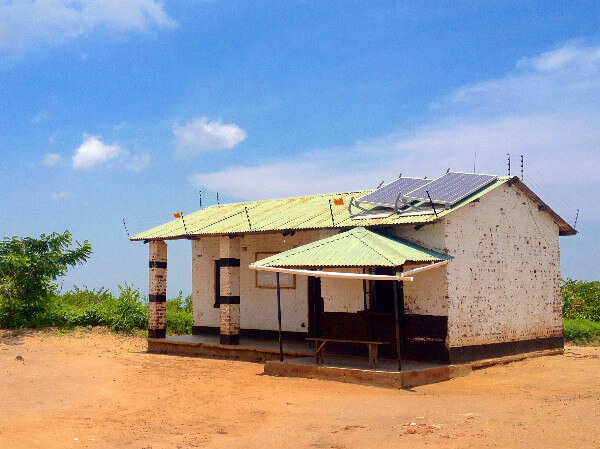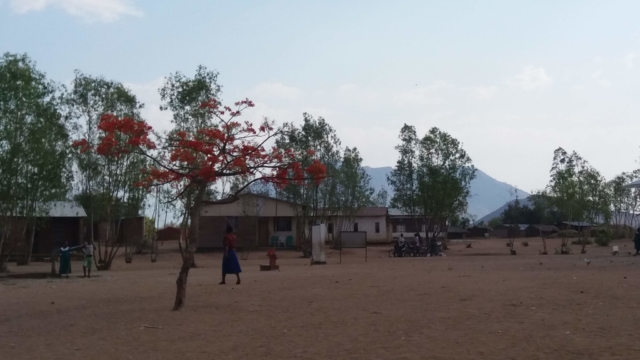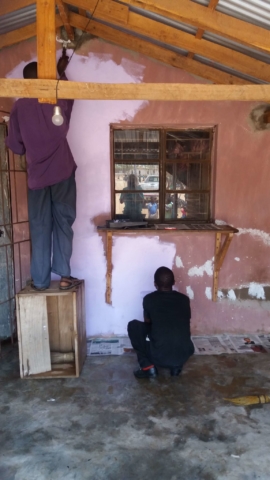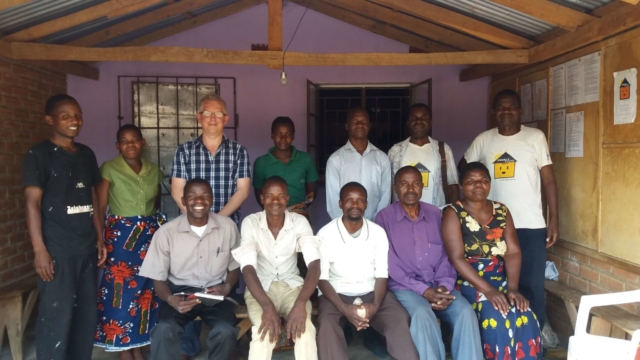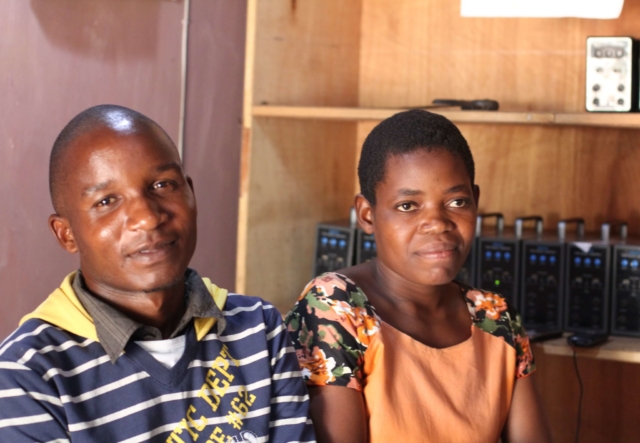Rural Off-Grid Energy Kiosks – Phase II
What is an energy kiosk?
The energy kiosk model is an approach to provide electricity to low income households in rural regions. By making use of solar energy, the kiosk is able to produce electricity through solar panels, in areas which are usually far away from the national power grid. The produced electricity is then mostly given to the members of the rural through devices with a battery that are charged at the energy kiosk for a small fee.
Still more than half a billion people in Sub-Saharan Africa do not have access to electricity. Energy kiosks are one of the many approaches to eradicate energy poverty especially in the rural areas. And the advantages of the kiosks are numerous: It requires low investment on the customer side, it strongly involves local operators and the kiosks can also offer energy-based services to educational and health facilities such as schools and clinics.
Our own energy kiosks
This is one of our first projects, which was launched in 2012, initially started as a one-year pilot project (Rural Off-Grid Energy Kiosks - Phase I). The pilot was only funded for the initial year, but RENAMA continued to work with the communities to challenges and to facilitate their problem solving and further development. The learning from this pilot has (and still is!) informing RENAMA on best practices for viable off-grid community electrification hubs in the Malawian context. After the first funding phased out in 2013, a second phase became subject of negotiations. However, additional funding was needed, so that a number of crowdfunding initiatives were launched by RENAMA (like this short video about our Dzenje Energy Kiosk). Finally, in August of 2016, we managed to launch our Rural Off Grid Energy Kiosks - Phase II.
The two kiosks, one based at Mvumbue Court in Thyolo District and one at Dzenje Primary School in Phalombe District offer several energy-based services, to provide electricity to the communities, while also generating income for the kiosk staff and for occurring maintenance costs. Among those services are:
· phone charging
· solar home system rentals – big enough to power small homes with basic lighting, phone charging, radios, TV, etc.
· solar powered TV rentals
· solar lamp rentals
· a solar powered barbershop
· a popcorn making machine
· cold drinks
· a peanut grinding mill
As with all of our projects, we aim to improve the rural Malawians’ socio-economic opportunities, and to incorporate a national strategy for the electrification of rural Malawi based on renewable energy technologies.
This two year project will see the introduction of pay-as-you-go schemes in order to buy rechargeable solar lamps and the introduction of income generating activities which will help supplement the kiosks income in order to become financially self-sustainable.
Funded by:
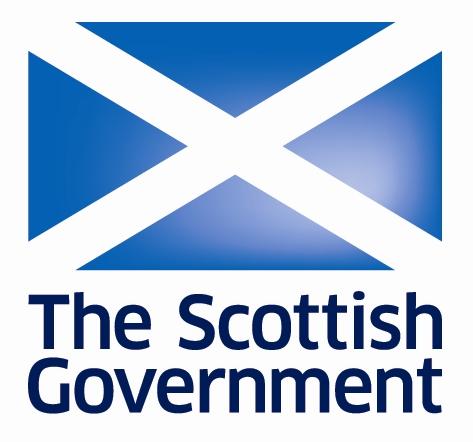
Scottish Government
In partnership with:
International Resources and Recycling Institute
